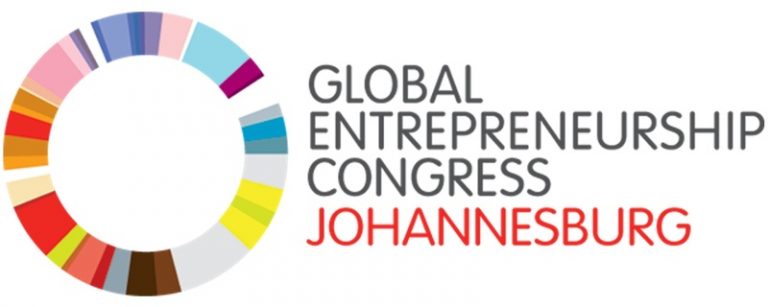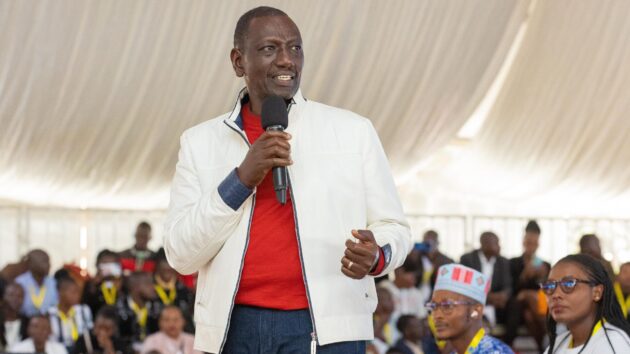90% of Africa’s $6.6b startup funds reside in Lagos, Cape Town, three others

With Africa’s startup ecosystem worth put at $6.6 billion, over 90 per cent of these funds are currently concentrated in five cities including Cape Town, Lagos, Johannesburg, Nairobi and Accra.
This is one of the key findings in the latest Global Start-up Ecosystem Report 2021 (GSER 2021), compiled by Startup Genome and the Global Entrepreneurship Network.
The 2021 GSER is based on the assessment of 280 ecosystems worldwide. It analyses and evaluates the start-up ecosystems based on experience and talent, performance, funding, market reach and resource attraction.
According to the report, the average early-stage funding in African start-up ecosystems in this GSER period, between 2018 and 2020, totaled $46.5 million, double the amount observed last year.
The report further noted that fintech dominates early-stage investment in Africa, with over $206 million (R3 billion) invested in the sub-sector between January 2018 and June 2020.
Founder and CEO of Startup Genome, JF Gauthier, said entrepreneurs, policymakers and community leaders are working hard all over the world to build productive and inclusive technology ecosystems that are engines of economic growth and job creation for all.
“The Global Start-up Ecosystem Report is the foundation of knowledge where we, as a global network, come together to identify what policies actually produce economic impact and in what context,” Gauthier stated.
The report observed that overall, the global start-up economy is worth over $3.8 trillion in ecosystem value, noting this is more than the individual gross domestic product of most G7 (Group of Seven) economies, not including the value of exits prior to 2018.
It disclosed that exit value in Africa totaled over $1.1 billion, with the top three in Cape Town,
Johannesburg and Durban.
The report quoted the Chief Executive Officer of the Tony Elumelu Foundation (TEF), Ifeyinwa Ugochukwu, as saying that in 2020, despite the ravages of a pandemic that pushed the continent into recession, the catalytic impact of entrepreneurs continued to deliver a much needed economic transformation.
Ugochukwu revealed that to date, TEF have disbursed over $45 million directly into the hands of more than 10,000 young entrepreneurs from all 54 African countries as non returnable seed-capital investment, stressing that these entrepreneurs have gone on to generate 400,000 direct and indirect jobs.
According to her, although funding fell dramatically at the start of the pandemic, startups in 2020 raised $1.1 billion in 319 VC deals, according to the African Private Equity and Venture Capital Association (AVCA).
“That is a record and more than twice the number in 2019. The first half of 2021 looks even better, with startups raising $1.19 billion, according to data from BFA Global. That is more than the first halves of the last two years combined.
“Yet scaleups remain in short supply here in Africa. Fewer than 20 companies are valued at $200 million or more; and Africa has just four unicorns, of which three are from Fintech and the other from ecommerce. Foreign investors dominate funding for all four unicorns, a model pervasive throughout the continent. Foreign investment plays an outsize role in African startups, with more than 40 per cent of VC deals over five years originating in North America, according to AVCA.
“Governments, eager to improve their legal and regulatory frameworks to support tech entrepreneurs,
are introducing legislation providing things like tax incentives, streamlined processes, and one-year-leave periods for entrepreneurs with the right to return to their previous jobs. Tunisia led the way in 2018 followed by Senegal. Nigeria, Rwanda, Ghana, Kenya and other countries are working on their own versions,” she stated.






